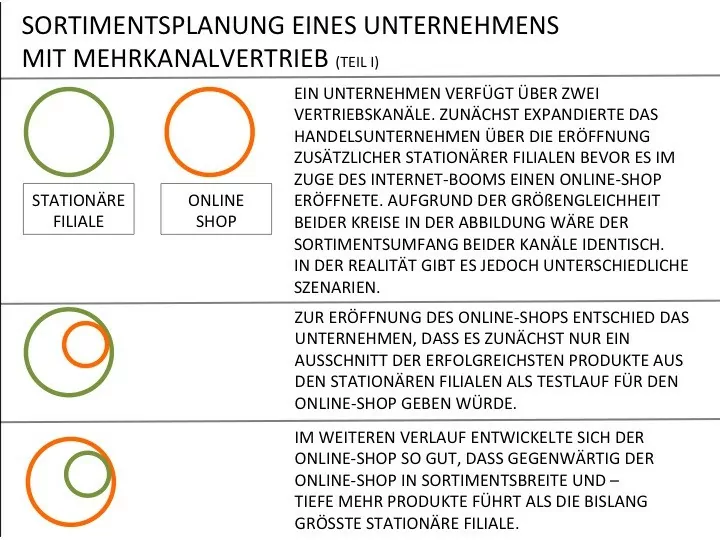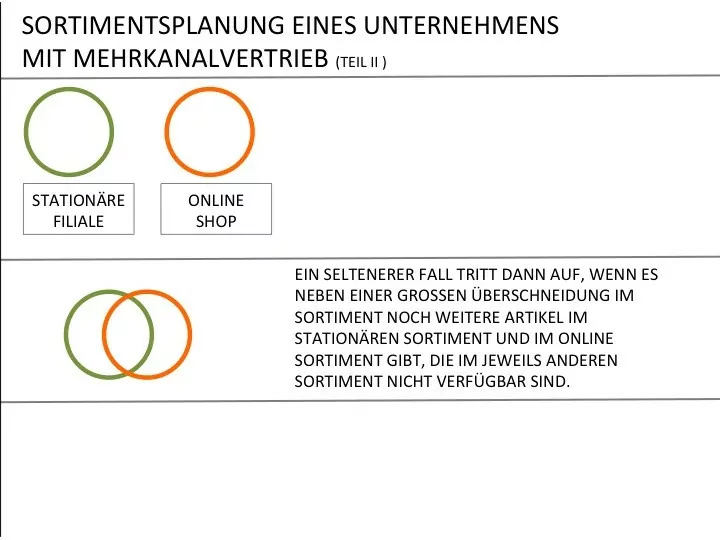Multi-Channel describes the possibility to offer commerce (B2B and B2C) on several distribution channels simultaneously. The channels made available by the respective provider work alongside each other, but not with each other: the purchasing process cannot be continued across channels. This also includes the preceding procurement of information (product research) and communication with the company (chat, e-mail, telephone).
If, for example, the customer wants to return the inventory purchased on the Internet to a stationary store, this is not possible according to the multi-channel definition.
Prof. Dr. Niklas Mahrdt, Rheinische Fachhochschule in Cologne
Multi-Channel enables the customer to choose from different sales channels and to buy or order inventory via stationary trade, online store or from the catalog. So that all offered channels do not compete with each other, providers usually try to keep their offers and prices consistent across platforms; however, this does not correspond to reality due to different success scenarios (assortment planning) – see the illustrations.


Important: Multi-channel requires at least two sales channels, at least one of which covers online trading or e-commerce. In addition, the underlying technical systems run separately and the commercial transactions via payment service providers are handled exclusively channel-specific. Cross-Channel, Omni-Channel and No-Line Commerce are a further development of multi-channel distribution.
Further information on this topic can also be found in the following articles: Multi-Channel Sales: Opportunities and Risks and in Distance Selling.
Images assortment planning: cross-science.de
Teaser image: Daniel Iversen / CC BY 2.0
Also available in Deutsch (German)